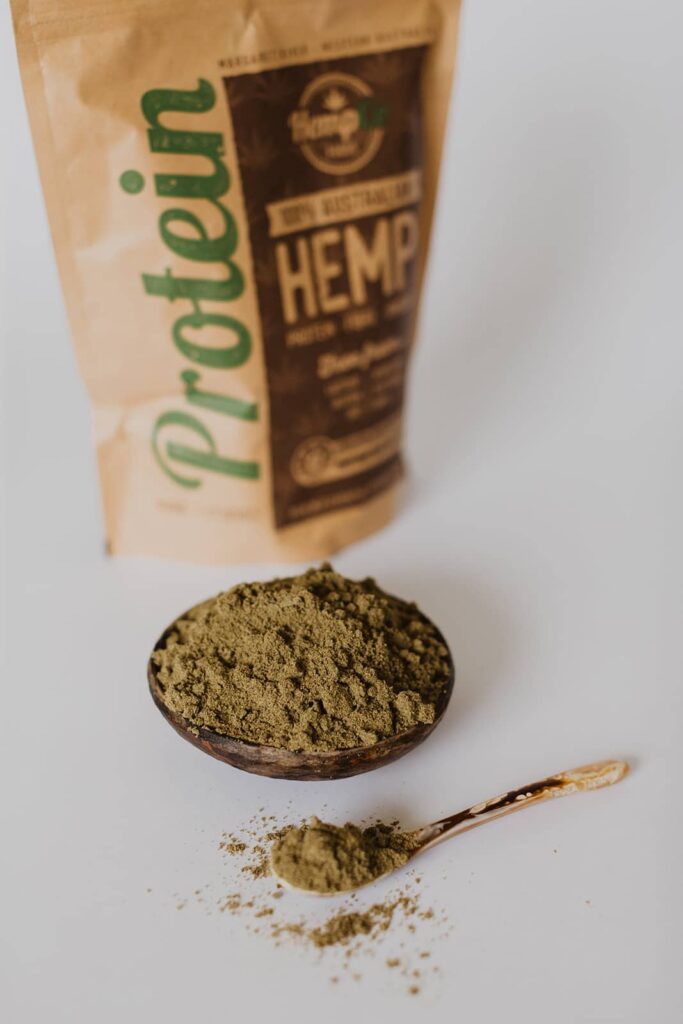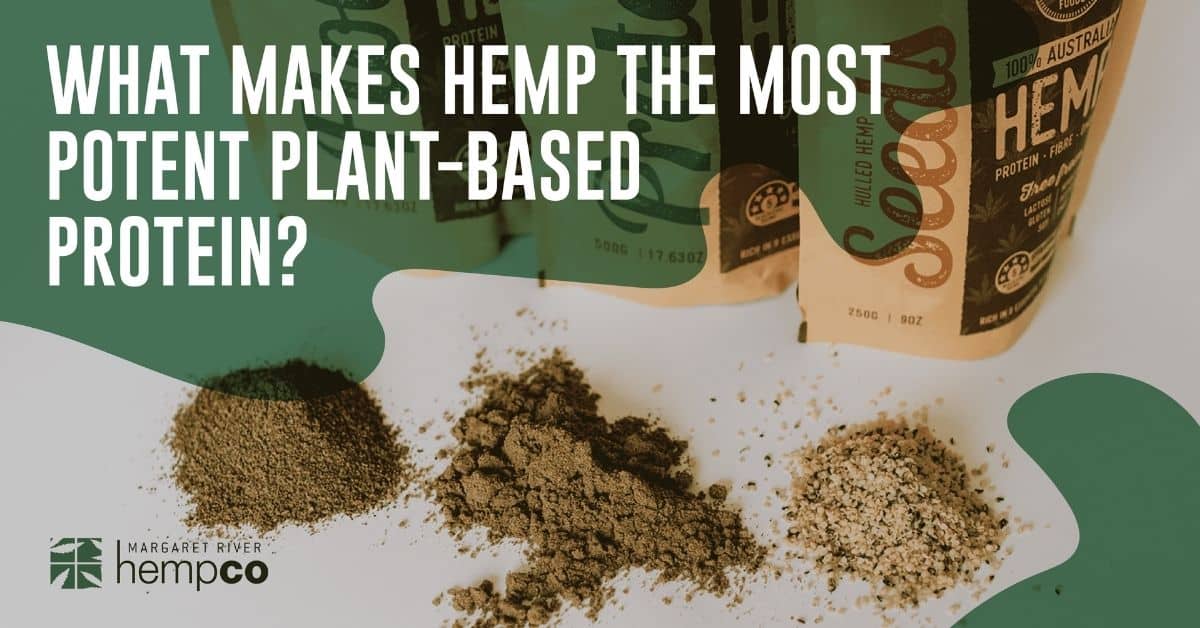
Hemp is such a diverse plant. Here, we explore the nutritional profile of hemp and the opportunities it presents for a sustainable, low intervention, vegan-friendly source of quality protein and nutrients.
Proteins are one of the three major nutrients the body requires in large quantities. It is the class of food responsible for building body tissues and muscles. They are made of several amino acids that the body requires for good health. The body needs about 21 amino acids which produce a great portion of it. However, the body cannot produce nine essential amino acids. Therefore, we need to obtain them through the right diet.
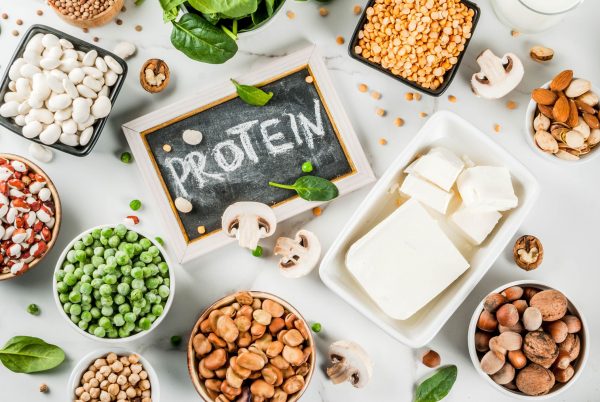
Humans often rely on animal sources like meat, dairy, and eggs to get the necessary proteins. Some plants like beans, grains, soy, and nuts are rich sources of proteins. However, they do not provide all the essential protein that the body needs. This poses a problem for individuals who live solely on plant products.
Hemp is a superfood because it is a source of complete proteins for the body. It also contains omega 3& 6, vitamins, and minerals. Hempseed is composed of all eight essential amino acids. Therefore, it is a plant-based source of complete protein.
Contrary to popular opinions, hemp seeds are not psychoactive, making them an ideal source of complete protein. Hemp seeds are made of 30% protein and 40% good fat. Therefore, individuals on a low-carb diet can benefit from incorporating hemp seeds into their meals. In addition, the fatty acid component delivers Omegas 3, 6, and 9 to the body, which is essential for normal body functioning.
Another interesting fact about hemp protein is that it does not contain oligosaccharides or trypsin inhibitors (they interfere with protein absorption). Instead, the protein component of hemp consists mainly of albumin, glutamic acid, and edestin.

Edestin is a Greek word that translates into “edible.” A study in 2017 indicates that hempseed contains about 75% of the salt-soluble globulins (aka as edestin). Another study in 2008 reveals that protein derived from hempseed is highly nutritional, readily digested and absorbed by the human body. Therefore, it is agreeable to the human digestive system and aids proper food digestion. In addition, it has low phosphorous content, which protects the body from kidney disorders.
Furthermore, edestin has antioxidant and antihypertensive functions. Therefore, it plays a key part in maintaining an optimal immune system and producing antibodies, usually immunoglobulin (probably because it bears a significant resemblance to plasma globulin). In addition, it protects heart health.
Albumin is another major component of hemp seed protein. It contributes about 25% to the total protein found in hemp seed. In addition, it resembles an egg white. Furthermore, it is compatible with the human digestive system. Hence, it is readily broken and absorbed by the body. Albumins are potent antioxidants that protect the body from the damages associated with free radicals.
Hemp seed is a rich source of omega 3 and omega 6 fatty acids. They are called the “healthy fats” because the body needs them for optimal functioning. In addition, they are useful in reducing blood pressure, triglyceride, and cholesterol levels in the human body.
Furthermore, hemp seed may contain the highest levels of essential fatty acids found in food. Therefore, it is a rich source of Alpha-linoleic acid, an omega-3 essential fatty acid. In addition, it also contains Linoleic acid, an omega-6 essential fatty acid. Alpha-linoleic and linoleic acids are not produced in the body. However, they are required for crucial cellular oxygenation and glucose transport processes. Therefore, we must try to get this nutrient from our diet.
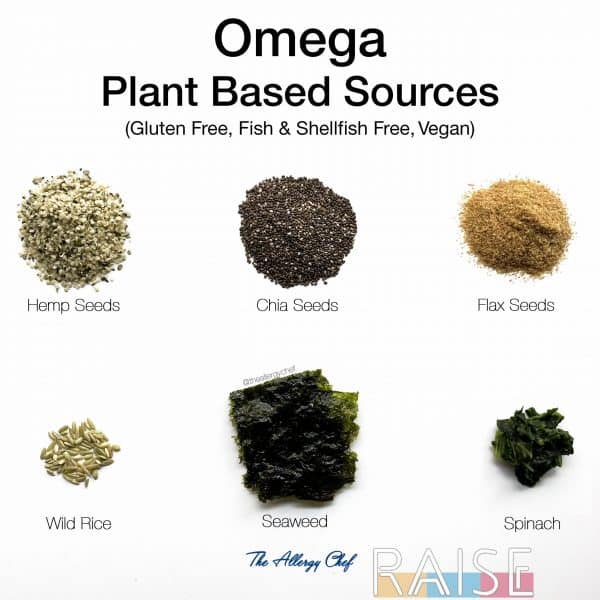
Hemp seed is essential for brain health as it contains linoleic acid and alpha-linolenic acid in the ratio of 3.5:1 and 4:1. Studies reveal that consumption of linoleic acid and alpha-linolenic acid in the above ratio significantly improved the brain health of humans.
Furthermore, hemp seed is an excellent source of stearidonic acid (18:4 omega-3) and Gamma-linoleic acid (18:3 omega-6;). They are responsible for effective conversions of essential fatty acids, omega 6 & 3.
Hemp seed is a natural source of vitamins and minerals the body needs for optimal functioning. It is a rich source of iron, potassium, magnesium, chlorophyll, ascorbic acid, calcium, manganese, phosphorous, riboflavin, thiamine, niacin, fibre, and beta-carotene.
These vitamins and minerals play a crucial role in water and electrolyte balance. They are also involved in building and maintaining immunity. Although the body needs fewer vitamins and minerals than protein or carbs, they are still central to health.
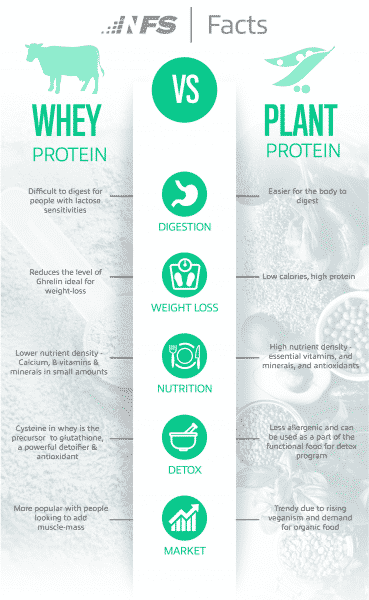
Plant-based protein powders are made from popular plant sources like hemp seed, soy, pea, and rice. This article has talked about hemp protein so let us check out the other protein sources.
As the name suggests, Pea protein is a high-quality protein derived from pea. It is vegan and easily digested. In addition, it is free from food allergens. Therefore, it is great for individuals with restricted diets. A complete protein should deliver about 25 mg/g of methionine and cysteine. However, pea protein only has about 11 mg/g. Nevertheless, it contains all nine essential amino acids.
Brown rice protein powder is made from processes that isolate the protein in brown rice. A study in 2014 reveals that “brown rice contains 37% of the total protein as essential amino acids and 18% as BCAAs.” However, brown rice does not contain lysine so, it is not a complete protein.
Lastly, there is the soy protein powder. Soy protein powder is a complete protein source as it contains all the needed amino acids. Soybeans undergo processing to produce a protein-dense powder. In addition, it is rich in essential fatty acids. The controversy surrounding soy proteins is that it has high phytates content. Phytates interfere with the absorption of some minerals like zinc and iron. Hence, it is a source of worry. However, making soy protein powder eradicates most of it from the soy. Therefore, there are only a few phytates in soy protein, which should not be a cause for worry.
Whey protein powder is made from an animal source. Let us see some differences between these two groups of protein powders.
First, plant-based protein powder is vegan-friendly and lactose-free. This makes it a suitable alternative for vegans to get their needed protein. Sadly, this is not the case for whey protein powder. Whey protein is often made from cheese, which is gotten from milk. Cow milk contains lactose. Therefore, it is inappropriate for lactose-intolerant individuals.
Whey protein powder is a complete protein source as it contains all essential 9 amino acids. Plant-based protein powders are incomplete sources of protein. Therefore, many manufacturers combine different plants to ensure the resulting powders offer complete protein. However, soy and hemp seed powders provide complete protein.
Undoubtedly, Hemp seed is the best source of protein because it contains all the essential amino acids. It is also free from food allergens. Babies need protein for proper growth and development. Athletes require protein to promote muscle building. Therefore, getting the right protein from diet is a necessary endeavor. In addition, it is readily absorbed. Another significant reason to embrace hemp protein is that it is eco-friendly. Choose hemp protein today!
